Barite
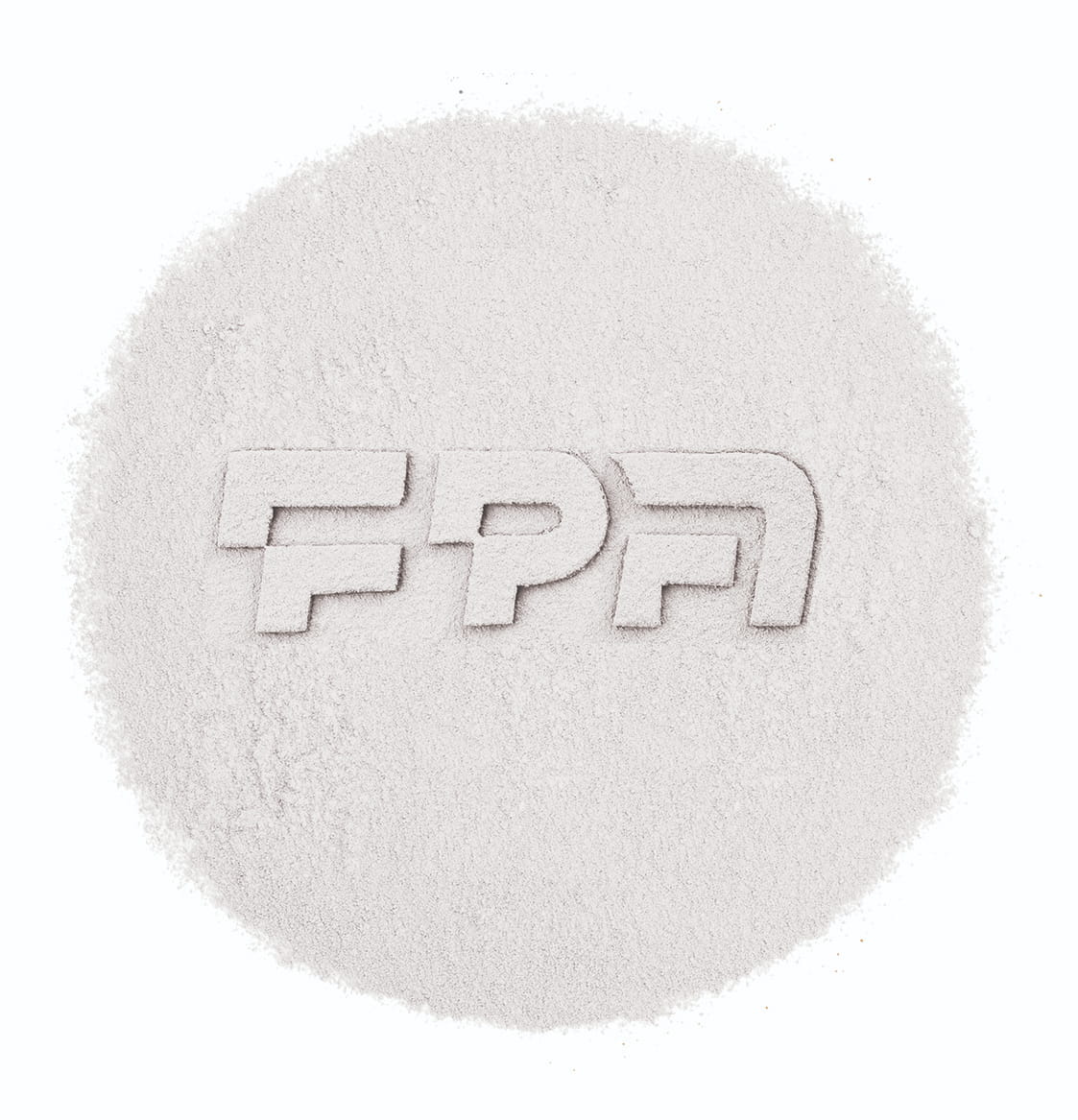
Barite (Barium Sulfate) is one of the most important minerals possessing barium which is found in the shape of layer, stratum or deposited. Due to its heaviness, chemical neutrality, softness and low cost, this substance is used in drilling in ceramic industry it is used for making the melted substance homogeneous, reduction of bubbles and brightness of the product likewise, in paint, plastics, paper and rubber industries it is used as filling substance.
Due to minimum oil absorption, it possesses good filling quality and does not cause the increase of viscosity in the system of paint. Its other qualities include preservation of brightness of paint on the surface, creation of abrasive condition in under-paint and neutrality.
Barite usually replaces other minerals, and even it can replace the organic materials such as wood, shells and fossils. It sometimes forms tufacious mounds from deposition of hot, barium-rich springs. It is isomorphous and very similar in shape with the mineral Celestine, and may partially replace it.
Barite, scientifically known as barium sulfate, is a mineral that has quietly woven into several industries' fabric. Its diverse applications and unique properties have made it a valuable resource. Are you planning to buy barite powder? The following article has been prepared for you so that you can get the necessary information to buy the best quality of this material.
To read more about what is barite and get information about its benefits, click here.
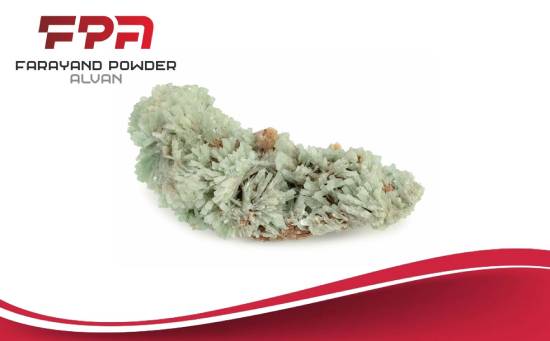
How barite is produced?
Barite, also known as baryte, is a mineral widely used in various industries, particularly in the oil and gas drilling sector, as well as in the chemical, paint, and medical fields. It is a naturally occurring mineral composed of barium sulfate (BaSO4) and commonly found in crystalline masses. Barite production involves several stages, from exploration and mining to processing and refinement.
Exploration and Geological Survey
The process of barite production typically begins with geological exploration. Geologists and mineralogists conduct surveys to identify potential barite deposits. They examine the Earth's crust in regions known for hosting barite formations. These formations are often found in sedimentary rocks, limestone, and shale.
Mining and Extraction
Once a potential barite deposit is identified, the next step is mining. Barite is primarily extracted through open-pit mining, underground mining, or a combination of both methods, depending on the depth and location of the deposit. The ore is then excavated and transported to processing plants.
Crushing and Grinding
At the processing plant, the barite ore is subjected to crushing and grinding to reduce the ore to the appropriate particle size. This step is crucial for liberating the barite mineral from the surrounding rock and other impurities. The size reduction process is typically achieved using crushers and mills and then the state of the art separators, which may vary in size and type depending on the specific requirements of the end product.
Drying and Milling
In the next step, the concentrated barite is subjected to drying to reduce its moisture content. This is typically done in rotary dryers or fluidized bed dryers. After drying, the material is milled to a fine powder. Barite is often used in the form of a powder, which is why the milling process is a crucial step in production.
Quality Control
Quality control measures are implemented throughout the production process to ensure the final product meets industry standards and customer specifications. Samples are regularly tested for purity, particle size distribution, and other relevant properties to maintain the desired quality.
Packaging and Distribution
The final barite product is packaged and prepared for distribution. Barite is commonly transported in bulk bags or smaller sacks, depending on the customer's requirements. It is important to protect the barite from moisture and contamination during storage and transportation to maintain its quality.
To get information about Farayand powder Alvan, one of the best manufacture of Barite, click here.
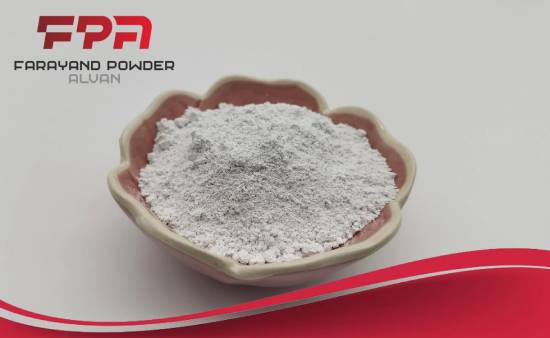
Key Considerations When Buying Barite
Barite, a mineral with diverse industrial applications, is sought after for its unique properties and versatility. Whether you are involved in oil and gas drilling, pharmaceuticals, paints, or other industries, purchasing high-quality barite is crucial for optimal performance and cost-effectiveness. This guide will delve into the key considerations that should be considered when buying barite from Barite company in Iran.
Quality and Purity
The quality and purity of barite manufacture significantly impact its suitability for various applications. Barite with higher purity levels is preferred, especially in industries such as pharmaceuticals and paint manufacturing. Ensure that the supplier provides detailed information on the purity of the barite, emphasizing minimizing impurities.
Particle Size Distribution
The particle size distribution of barite is a critical factor influencing its performance in specific applications. Different industries may require varying particle sizes to achieve optimal results. For instance, a well-defined particle size distribution in drilling fluids is essential for maintaining the desired viscosity. Be sure to specify your particle size requirements when purchasing barite.
Specific Gravity
Specific gravity is a fundamental barite property and plays a crucial role in applications like drilling fluids. Barite's high specific gravity ensures effective weighting agents in preparing mud, aiding wellbore stability and preventing blowouts. Verify that the supplier provides accurate information regarding the particular gravity of the barite to meet your application's requirements.
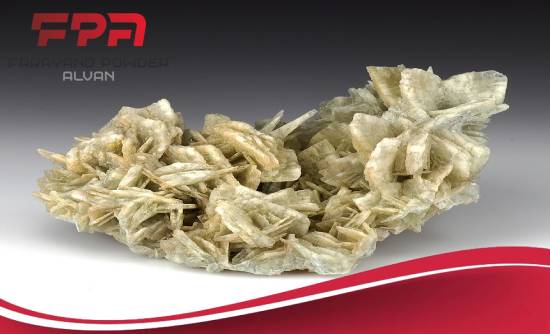
Geological Origin and Source
Barite can be sourced from various geological formations, and its origin can impact its properties. It is essential to know the geological source of the barite and ensure that it meets industry standards. Barite from certain regions may contain unique impurities or have specific characteristics that could affect its suitability for particular applications.
Chemical Composition
Understanding the chemical composition of barite producer is crucial for applications requiring specific chemical properties. Some industries may have strict guidelines regarding the presence of particular elements or compounds in barite. Request a detailed chemical composition analysis from the supplier to confirm its compatibility with your intended use.
Packaging and Handling
Proper packaging is essential to prevent contamination and maintain the quality of barite during transportation and storage. Choose Barite suppliers in Iran who follow industry standards for packaging and handling to ensure that the barite arrives at your facility in optimal condition. Adequate labeling with relevant information on purity, particle size, and other specifications is also crucial.
Testing and Certification
Reputable Barite factory should provide testing and certification documents for their barite products. These documents indicate quality control measures and adherence to industry standards before finalizing a purchase, requesting certificates of analysis, or any other relevant certifications that validate the quality and specifications of the barite.
Cost and Value
While cost is a significant factor, it should not be the sole determinant in your decision-making process. Consider the overall value that the barite provides for your specific application. Balancing cost with quality, purity, and other specifications ensures you make a cost-effective and sustainable investment in barite.
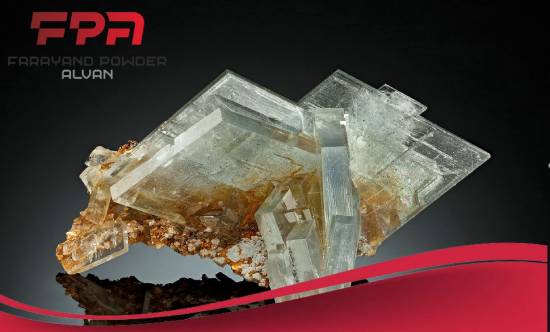
The wholesale price of barite
Wholesale barite price, a mineral primarily used in the oil and gas industry as a weighting agent in drilling muds, is influenced by several key factors. Firstly, the global supply and demand for barite play a significant role in determining barite powder prices.
If there is a shortage of Wholesale barite due to decreased production or increased demand, prices tend to rise, and vice versa. Additionally, the quality and grade of barite can impact its barite price; higher-grade barite with fewer impurities typically commands a premium in the market.
Geological factors, such as the location and accessibility of bulk barite deposits, also influence pricing, as transportation costs and ease of extraction can vary widely. Finally, economic conditions and market forces, including fluctuations in the energy sector, can further affect the wholesale price of barite.
Applications
A huge quantity of mined barite is normally used in petroleum industry as a part of weighting material in formulation of drilling mud.
Hydrostatic pressure of the drilling mud is increased by Barite allowing it to compensate for high-pressure zones experienced while drilling.
The softness of the mineral also prevents it from making damage to drilling tools during drilling and let it play the role of a lubricant. The American Petroleum Institute (API) has set up the specifications for the application of barite in drilling mud.
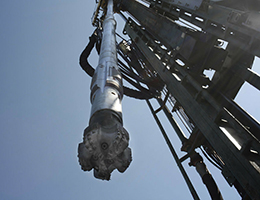
Barite is considered as an interesting replacement to expensive materials used in dope and painting. It is a very useful replacement to crypton, basofor, titanium dioxide, activity and monox which are used as fillers.
It is also very effective in controlling the viscosity of the paint. It improves the stability of the paint and giving more brightness to the paint. Due to its clean whiteness, it’s very effective as an extender for primers as well.
Barite also makes powerful chemical resistance to the walls and smoothness to the undercoats and promising beautiful and smooth walls as a result.
It’s a really unic material insulable in water, having high refractive index, high resistance to acids and alkalies and high bulk density which makes it more and more attractive to the paint industry.

Barite is also commonly used in pharmaceutical industry worldwide. It is used as barium meal material for the intestines and stomach reflections.
Another important applicaition of barites in pharmaceutical industry includes the usage for filling of plaster and dope in order to extend the time limit of the plaster. It is also used in diagnostic medical tests.
Barites are also very effective in blocking x-rays and gamma-rays emission.

Another application of Barite is papermaking industry.
Due to its clean whiteness, the high-refined barites powder is also very useful for filling white paperboards and coatig paper.
This increases the whiteness of the final product and also improve the percentage of coverage thereby giving it a clean white look.
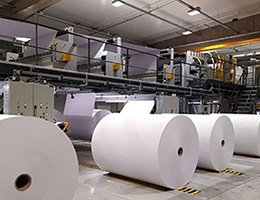
In rubber industry,barites mineral of less than 500 mesh is commonly used for filling the rubber products that is very effective way to make them waterproof. At the same time, it improves the intensity of the product and makes it acid proof and alkali proof.
Barite is also very popular in the cosmetics industry due to its gentle and mild effect on the skin. It is also a wonderful replacement to titanium dioxide.
In plastic industry, it improves the intensity, stiffness and abrasive strength to it thereby making it stronger in strength and beautiful in shape.
Barite (specially in high-purity form) is videly used in medical field as well. It’s normally used in the gastrointestinal tract where its density prevents x-ray penetration, and thus is visible on an x-ray.


